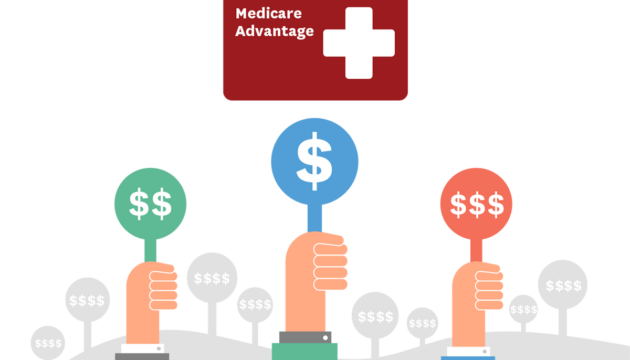Research
-
Acceptability of Hospital-at-Home Care and Capacity for Caregiver Burden
This study surveyed a representative US population about aspects of hospital-at-home care, including acceptability and willingness to perform caregiving tasks.
Categorized in -
Changes in Emergency Contraceptive Fills After Massachusetts’ Statewide Standing Order
Policies that reduce prescribing barriers may improve access to emergency contraceptives, particularly ulipristal.
Categorized in -
Cross-Sectional and Longitudinal Associations Among Healthcare Costs and Deficit Accumulation
Deficit accumulation frailty indices are increasingly used as markers of health-related aging status and changes in status, to predict healthcare utilization, and to identify patients who may require more extensive health care. Researchers use data from a well-characterized cohort of individuals with type 2 diabetes and overweight or obesity to demonstrate that cross-sectional deficit accumulation frailty and changes in it over time are strong predictors of future healthcare costs. This provides support for the use of these indices to project healthcare needs and as potential intermediate outcomes in clinical trials.
Categorized in -
Use of Oral and Emergency Contraceptives After the US Supreme Court’s Dobbs Decision
The Dobbs decision was associated with declines in oral contraceptives, particularly ECs, in states enacting the most restrictive abortion policies.
Categorized in -
Fixing Medicare Advantage With Competitive Bidding
Schaeffer experts recommend using competitive bidding for standardized benefits to set plan payments and enhance beneficiary choice in Medicare Advantage.
Categorized in -
Deductible Double Jeopardy: Patients May Pay More Out of Pocket When Pregnancy Crosses 2 Years
This cross-sectional analysis of commercially insured delivering mothers suggests that greater out-of-pocket spending is incurred when pregnancy spans 2 years, causing them to face out-of-pocket limits twice.
Categorized in -
Financial Assistance and Payment Plans for Underinsured Patients Shopping for “Shoppable” Hospital Services
Most hospitals have 3 siloed offices for (1) financial assistance, (2) payment plans and discounts, and (3) upfront payment requirements. All relevant offices were unreachable in 3 attempted calls at 18.1% of hospitals.
Categorized in -
School Closures and Prescription Medication Use among Children and Adolescents Before and During the COVID-19 Pandemic in the USA, 2019–2022
The underuse of ADHD medications may be an overlooked contributor to declines in academic performance observed during periods of school closures during the COVID-19 pandemic.
Categorized in -
Food and Nutrition Insecurity: Experiences That Differ for Some and Independently Predict Diet-Related Disease, Los Angeles County, 2022
Monitoring nutrition insecurity in addition to food insecurity can provide new information about populations with barriers to healthy diets.
Categorized in -
Cancer Treatment Before and After Physician-Pharmacy Integration
Results of this cohort study indicated that the integration of oncology practices with pharmacies was not associated with significant changes in expenditures or clear patient-centered benefits.
Categorized in








